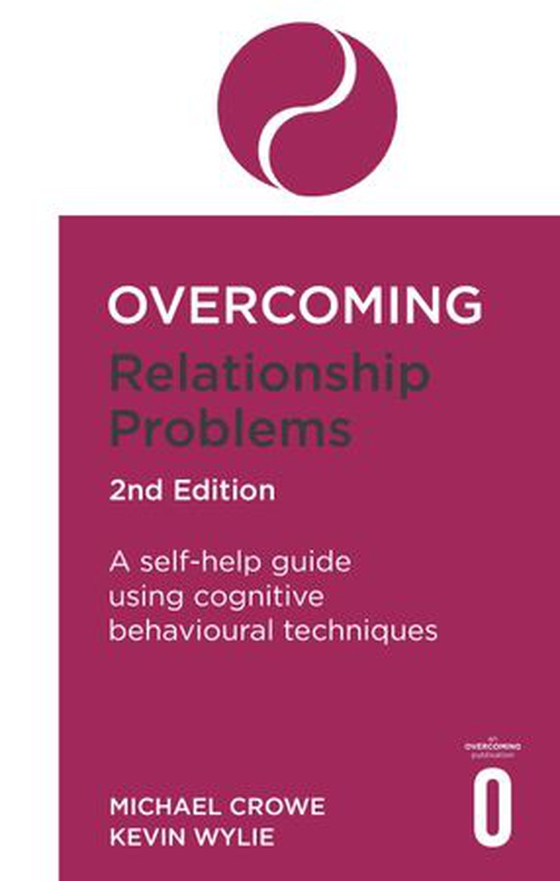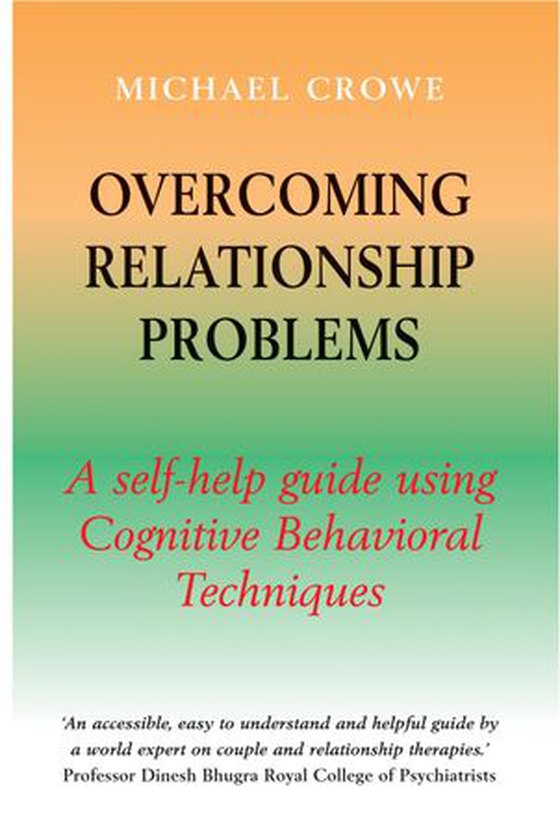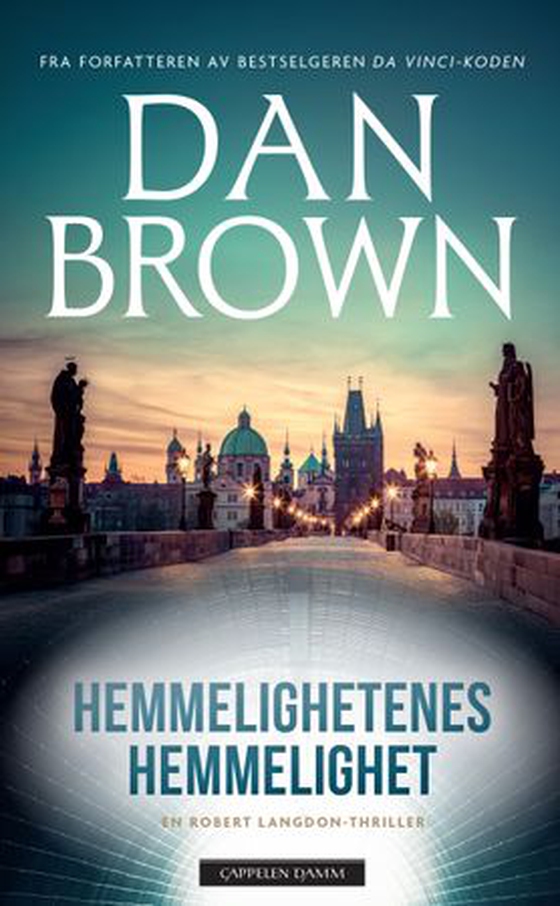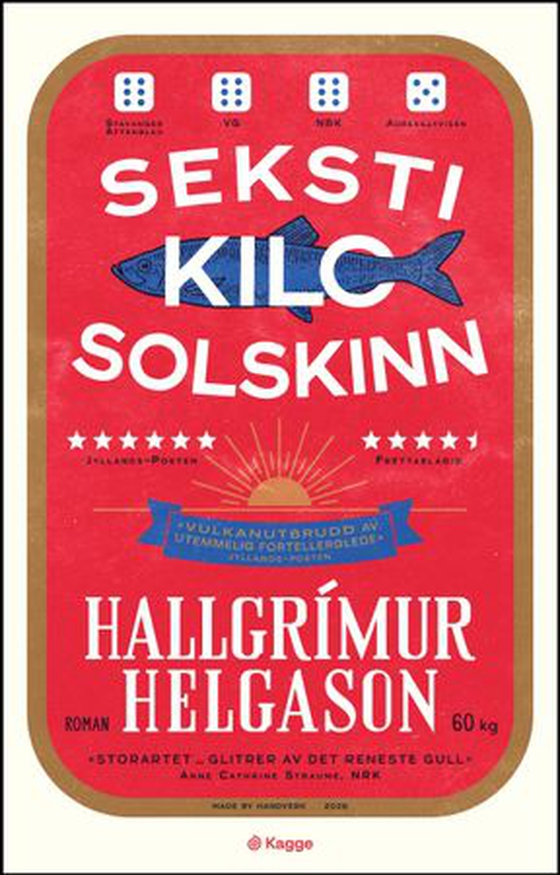Overcoming Relationship Problems 2nd Edition (Overcoming Books) ebok
Everyday problems such as financial pressures, sexual and emotional problems, fidelity issues or the complications of second marriages can cause unbearable pressure on relationships and family life.
In this highly effective self-help guide, internationally-respected couples therapist, Dr Michael Crowe, and Professor of Sexual Medicine, Kevan Wylie, use proven cognitive behavioural therapy (CBT) methods along with systemic approaches derived from family therapy to help you to overcome your relationship problems.
Specifically, you will learn about:
Sustaining a long-term relationship
Improving communication with your partner and family
Dealing with sexual problems
Developing negotiating skills
Coping with jealousy and other negative emotions
Overcoming self-help guides use clinically proven techniques to treat long-standing and disabling conditions, both psychological and physical.
READING WELL
This book is recommended by the national Reading Well Books on Prescription scheme for England delivered by The Reading Agency and the Society of Chief Librarians with funding from Arts Council England and Wellcome.
Series Editor: Professor Peter Cooper









